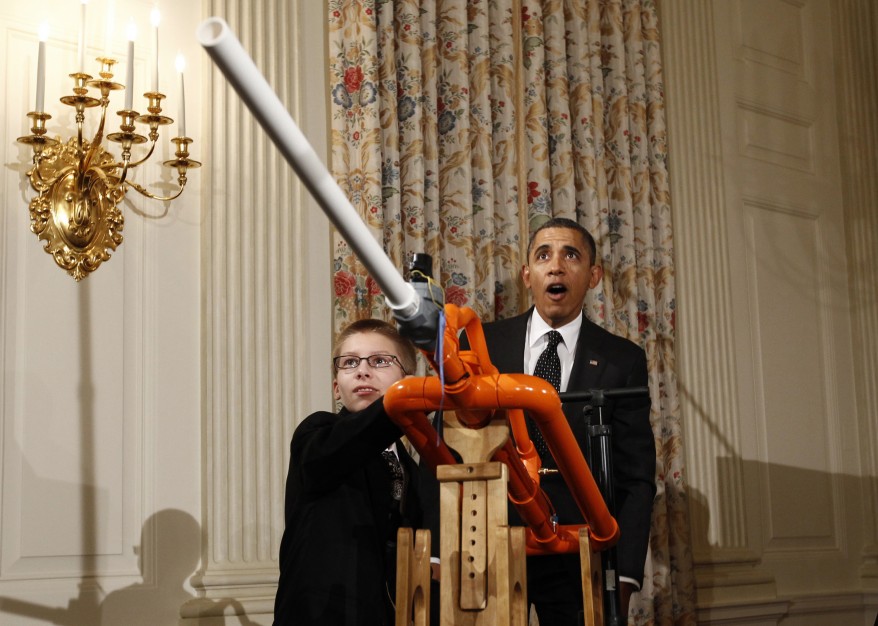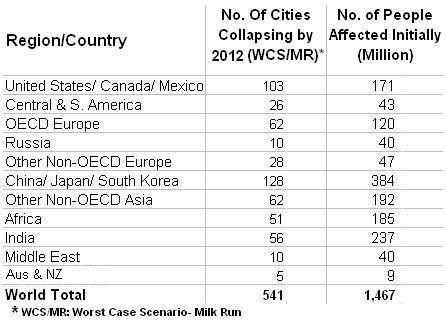Insects? Wilson, now 82 and an emeritus professor in the department of organismic and evolutionary biology at Harvard, has long been a leading scholar on ants, having won one of his two Pulitzer Prizes for the 1990 book on the topic that he wrote with Bert Hölldobler. But he is better known for his work on humans. His “Sociobiology: The New Synthesis,” a landmark attempt to use evolutionary theory to explain human behavior, was published in 1975. Those were strange times, and Wilson was smeared as a racist and fascist, attacked by some of his Harvard colleagues and doused with water at the podium of a major scientific conference. But Wilson’s days as a pariah are long over. An evolutionary approach to psychology is now mainstream, and Wilson is broadly respected for his scientific accomplishments, his environmental activism, and the scope and productivity of his work, which includes an autobiography and a best-selling novel, “Anthill.”
In “The Social Conquest of Earth,” he explores the strange kinship between humans and some insects. Wilson calculates that one can stack up log-style all humans alive today into a cube that’s about a mile on each side, easily hidden in the Grand Canyon. And all the ants on earth would fit into a cube of similar size. More important, humans and certain insects are the planet’s “eusocial” species — the only species that form communities that contain multiple generations and where, as part of a division of labor, community members sometimes perform altruistic acts for the benefit of others.
Wilson’s examples of insect eusociality are dazzling. The army ants of Africa march in columns of up to a million or more, devouring small animals that get in their way. Weaver ants “form chains of their own bodies in order to pull leaves and twigs together to create the walls of shelters. Others weave silk drawn from the spinnerets of their larvae to hold the walls in place.” Leafcutter ants “cut fragments from leaves, flowers and twigs, carry them to their nests and chew the material into a mulch, which they fertilize with their own feces. On this rich material, they grow their principal food, a fungus belonging to a species found nowhere else in nature. Their gardening is organized as an assembly line, with the material passed from one specialized caste to the next.”
There are obvious parallels with human practices like war and agriculture, but Wilson is also sensitive to the differences. The social insects evolved more than 100 million years ago; their accomplishments come from “small brains and pure instinct”; and their lengthy evolution has led them to become vital elements of the biosphere. In contrast, Homo sapiens evolved quite recently; we have language and culture; and the consequences of our relatively sudden domination have been mixed, to put it mildly: “The rest of the living world could not coevolve fast enough to accommodate the onslaught of a spectacular conqueror that seemed to come from nowhere, and it began to crumble from the pressure.”























